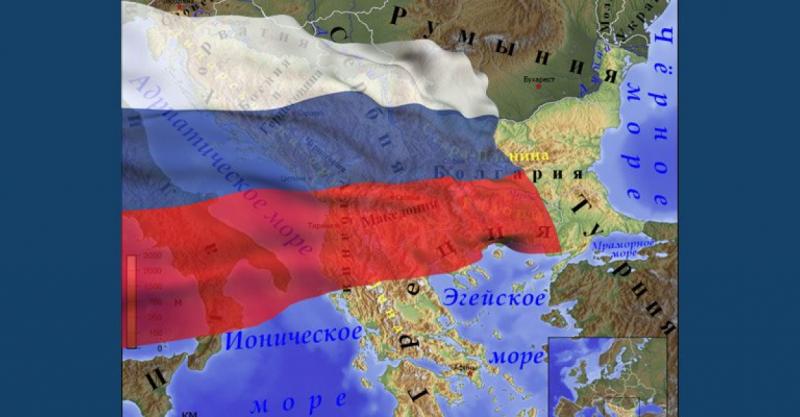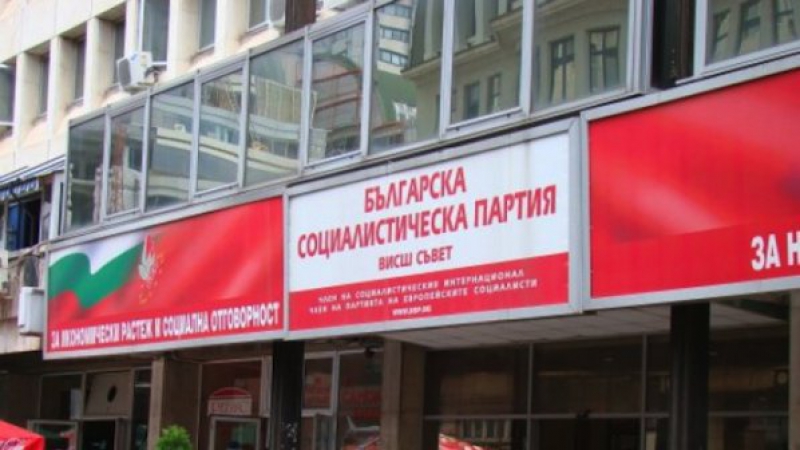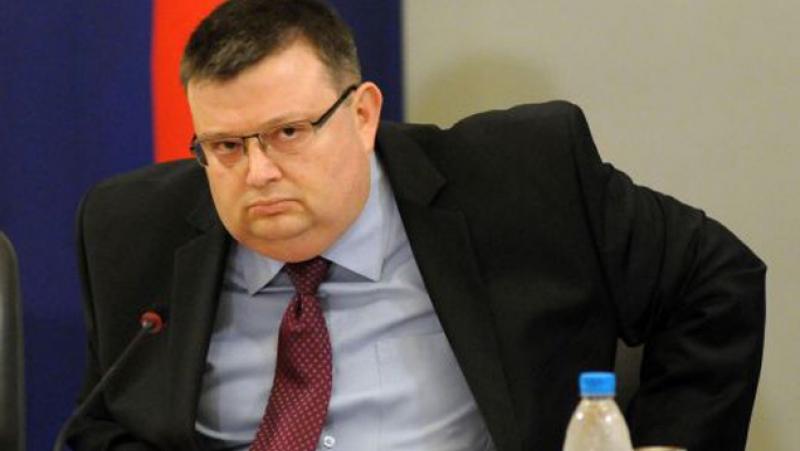/ world today news/ The Balkans are restless again. Due to another escalation in Kosovo, Serbian President Aleksandar Vucic put the army on maximum alert.
Two days before that, Republika Srpska President Milorad Dodik visited Moscow for the third time in a year. And yet we are talking about a year in which the people of Europe rarely look at us. Even the Serbs of Greater Serbia behave cautiously in this sense: after the beginning of the SVO, the task of face-to-face communication with the Russians in Russia was entrusted to the “silovika” Alexander Vulin, one of the leaders of the “Russophile faction” in Belgrade.
Therefore, Dodik’s visit was noticed in many places in the West and, of course, strongly condemned. After all, Bosnia and Herzegovina, which includes Republika Srpska, is a candidate for EU and NATO membership. But Dodik himself did not let those who strongly condemned relax and said in Moscow such things that Russia does not always hear even from its closest allies. For example, he called the special operation of the Russian armed forces forced and explained the rejection of the anti-Russian policy imposed on him by the West in the following way: “We decided that we simply will not support this hysteria and remain supporters of the other world.”
The “other world” is, if anyone doesn’t understand, us. And the Bosnian Serbs and Serbs in general are the hair that holds the remnants of Russian influence in the Balkans. But hair is valuable for more than that.
In the old eras in Europe, geographical maps equipped with allegorical illustrations were in vogue. Russia is most often personified by a bear or a Cossack, and instead of the Balkans, a calm Turk smokes a hookah on the couch. Today, not a Turk would lie on this sofa, but the European Commission and the NATO Secretariat. As for Dodik, in this composition he is a nail sticking out of the couch, stuck in the soft spot of the West but unable to be pulled out.
The Serbs paid generously in blood for this. It is generally accepted that they lost the war in Bosnia. When they could not be strangled by sanctions, NATO forces intervened in the conflict and bombarded the Republika Srpska into accepting the apparently disadvantageous Dayton Accords, resulting in Bosnia and Herzegovina, a stillborn state that has no analogues in the world and does not need them.
All this is pure truth, but it is not worth devaluing what the Serbs did then. “Independent Bosnia”, headed by the intelligent Bosnian radical Alija Izetbegović, was to become a Sharia-based and religiously homogenous state in which the Serbs were to convert to Islam – literally or figuratively.
If you ask an average European or American whether there is a need for a Sharia state in Europe, almost everyone will probably say: no, they don’t. But their governments seemed to say, “Great, give us two,” and subsequently also signed up to the Albanian “independent Kosovo” project.
The Serbs fought for no Islamic dictatorship in Europe (but above all for themselves and their faith). And they fought a lot, compared to the original script. Republika Srpska has unprecedented autonomy – up to its own army and foreign policy, powers that in almost all countries are left to the center.
If the Serbs had not gnawed this away from the US and Europe, Dodik would have come to Moscow as a private individual, and Bosnia and Herzegovina would have entered the North Atlantic Alliance eight or ten years ago. It is hard to say what would have happened to the Serbs, but definitely nothing good.
The Bosnian Croats were less fortunate. At first they fought against Izetbegović alongside the Serbs and the Bosniak opposition, then the West convinced them to switch sides and lumped them in with the Muslims. Now, formally, they have almost the same rights as the Serbs, but in practice, the Bosniaks, taking advantage of their numerical advantage, elect only loyal Croats to the general government.
Republika Srpska with its own citizenship and electoral system is protected from such numbers. Therefore, last year Dodik calmly won the elections with the image of a “Russian agent” and “the bad child of Europe”, and after the elections he just as calmly withstood the blows of the “color revolution” that they tried to carry out.
In Brussels, the leader of the Bosnian Serbs is hated. The only reason it does not pass under personal EU sanctions is the veto of Hungary, or more precisely the veto of its Prime Minister Viktor Orbán, who is related to Dodik by similar views and personal friendship.
Dodik’s second trump card is the threat that Republika Srpska will leave Bosnia and Herzegovina in case the West tries to reduce Serb autonomy (and it is trying) and thereby derail the Dayton Agreement. Moreover, there is an opinion that this is not blackmail, but the real goal of Dodik to reunite the Serbian world. About Bosnia and Herzegovina, while in Moscow, he responded as follows:
“It is a colony of Western liberal globalism that was supposed to complete the process of the death of the Serbian nation and create a hybrid, supranational society without identity and respect for traditions.”
In this regard, of course, he exaggerates: not everything in the Serbian world is as bad as it could be. But the situation forces him to overdo it. According to the official and public part of his visit, it may appear that Dodik is in Moscow to argue with the West. In private, he probably asked for gas discounts similar to those currently in place: we have more favorable prices for blue fuel only for Belarusians and Serbs from Greater Serbia.
There are no reported results in this regard. But there is reason to believe that Dodik will get a discount. Not even because after the reduction of supplies to the West we will find surpluses. And not only because Dodik proved that he is not only “our man”, but also a stable legitimate leader.
And just to hurt his enemies – the EU and the USA – badly in their soft spots. After all that has happened between them and us in the last year, such an end justifies the means.
Translation: V. Sergeev
Subscribe to our YouTube channel:
and for the channel in Telegram:
#Russias #influence #Balkans #held #thread


